Tether's potential $500B valuation could create 7 crypto billionaires, led by mysterious Italian CFO Giancarlo Devasini who'd become worth $235B as the world's 5th richest person.
Tether Holdings, the world's largest stablecoin issuer, is in discussions with investors regarding a new funding round. The company plans to sell a 3% stake to raise between $15-20 billion.
If executed at the upper end of this range, the transaction would value Tether at approximately $500 billion, making it one of the world's most valuable private companies. For comparison, OpenAI was valued at roughly $300 billion in March of this year, while SpaceX carries an estimated valuation of $450 billion. Tether's target $500 billion valuation would exceed the combined market capitalizations of two Wall Street giants, Goldman Sachs at $216 billion and BlackRock at $148 billion.
What's truly compelling isn't the corporate valuation itself, but the individuals behind these figures. The actual controlling parties who directly or indirectly hold Tether shares could become the wealthiest individuals in cryptocurrency history if this transaction materializes.
As a private company incorporated in the British Virgin Islands, Tether has never voluntarily disclosed its ownership structure. This entity, which controls $170 billion in USDT circulation and virtually monopolizes global cryptocurrency trading infrastructure, has kept its actual controllers in the shadows.
The ownership puzzle began to emerge in 2021 when investigation documents from the New York Attorney General's Office and the U.S. Commodity Futures Trading Commission (CFTC) inadvertently revealed partial equity information. In 2024, Forbes further pieced together this puzzle through multiple sources.
Based on these fragmented yet relatively reliable sources, we can now map out the wealth landscape behind Tether. Using the $500 billion valuation, Tether's largest shareholder, a 61-year-old Italian, would control wealth exceeding $200 billion, surpassing Warren Buffett to become the world's fifth-richest individual. Several other core shareholders would similarly join the hundred-billion or ten-billion-dollar wealth clubs.
These long-hidden ultra-wealthy individuals now have concrete names and faces. Among them: a former plastic surgeon, a programmer who codes until dawn, a Dutchman who studied Chinese in Taiwan, and even a Chinese businessman currently serving a prison sentence. Each represents an untold story of wealth accumulation.
Giancarlo Devasini, CFO & Chairman
Current Position: Tether Chairman & CFO
Shareholding: 47%
Potential Net Worth: $235 billion (5th richest person globally)

Giancarlo Devasini may be the most mysterious ultra-wealthy figure in the crypto world.
The 61-year-old Italian rarely makes public appearances, has no social media presence, and few public photos exist of him, yet he controls 47% of Tether's shares. According to Bloomberg's Billionaire Index calculations, if the $500 billion valuation becomes reality, he would surpass Warren Buffett to become the world's fifth-richest person, trailing only Musk, Ellison (Oracle), Zuckerberg, and Bezos.
However, compared to the stability of his wealth, Devasini's life trajectory appears far more unconventional. In 1990, Giancarlo Devasini graduated from Milan University's medical school and became a plastic surgeon. Two years later, he abandoned what outsiders would consider a stable and respectable profession.
After leaving the hospital, Devasini entered the IT trade sector, importing computer components and selling electronic products, pursuing whatever was profitable. In 1995, he was required to pay Microsoft 1 million lira in settlement fees for selling pirated software.
In 2008, a fire destroyed his warehouse, leading to company bankruptcy. At 44 years old, Devasini found himself back to nearly nothing. But it was precisely this bankruptcy that pushed him toward the crypto world. In 2012, he invested in the then-obscure Bitfinex exchange and gradually took over operations.
The crypto market at that time was even more volatile than today. Devasini keenly identified the problem: BTC and other cryptocurrencies were too volatile to serve as payment tools.
In 2014, Devasini and technical genius Paolo Ardoino launched their solution: Tether, a stablecoin pegged 1:1 to the US dollar, though the process was far from smooth. The market's acceptance of stablecoins was much lower than today, with concerns about reserves, audits, and bank runs everywhere. Devasini personally pioneered the effort, flying to the Bahamas, Switzerland, and Hong Kong, knocking on bank doors one by one, seeking financial institutions willing to open accounts for this "suspicious" project.
In 2016, Bitfinex was hacked and lost 120,000 bitcoins, with everyone believing the company was finished. Devasini proposed a solution: issuing debt tokens called BFX to affected users, promising buybacks while ensuring Tether continued operating. The market accepted this seemingly pie-in-the-sky proposal, and USDT began explosive growth.
In 2018, Bitfinex had $850 million frozen by payment processor Crypto Capital, facing a liquidity crisis. Devasini directly chose to use funds from Tether's reserves for emergency relief, a decision that caught the attention of the New York State Attorney General, who believed it affected USDT's dollar reserve integrity.
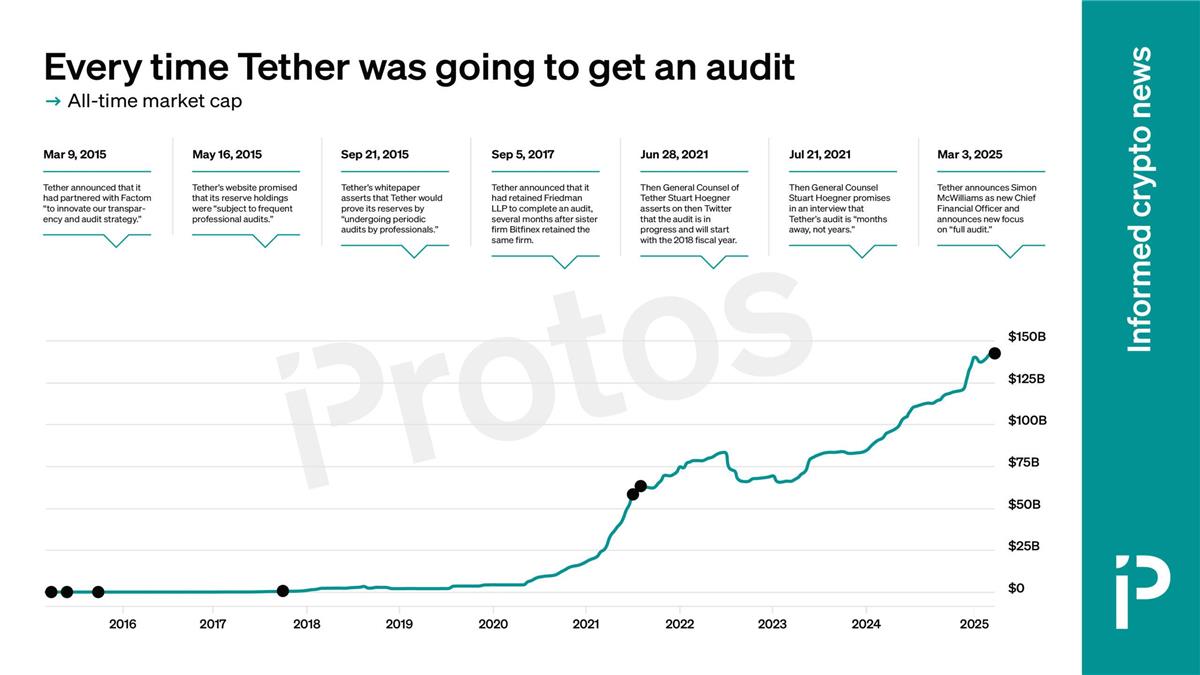
The investigation lasted two years, ultimately resulting in Tether paying $18.5 million in settlement while not admitting wrongdoing. After multiple crises, Devasini's position became more secure. Public news and data show his shareholding increased from 43% in 2018 to 47% in 2024.
In March 2025, he was promoted from CFO to Chairman, further consolidating his control. Now 61, Devasini maintains an extremely low profile. He has no social media, rarely accepts media interviews, and public photos are scarce. Between 2017-2023, he reportedly resided primarily in Lugano, Switzerland, where Tether signed a cooperation memorandum with the municipal government to promote cryptocurrency applications.
According to the New York State Attorney General's 2021 investigation documents, Devasini plays a core role in Tether and Bitfinex operations, including handling banking relationships and reserve management. Over 15 years, Devasini completed his transformation from doctor to a billionaire worth $200 billion.
Paolo Ardoino, CEO
Current Position: Tether CEO
Shareholding: ~20%
Potential Net Worth: $100 billion
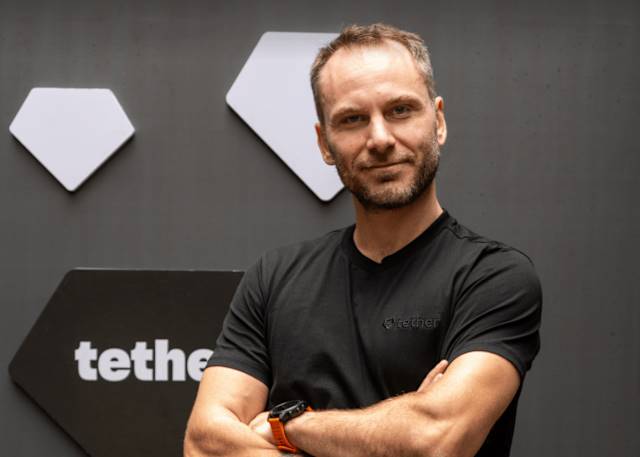
If Giancarlo Devasini is the mysterious brain behind Tether, then Paolo Ardoino is the company's public face.
One never appears in public, the other speaks daily on Twitter; one gained control through capital operations, the other earned shares through code. In 2017, Ardoino committed 40,000 code submissions on GitHub, averaging over 100 per day. This nearly obsessive work intensity defined the Italian programmer's path to success.
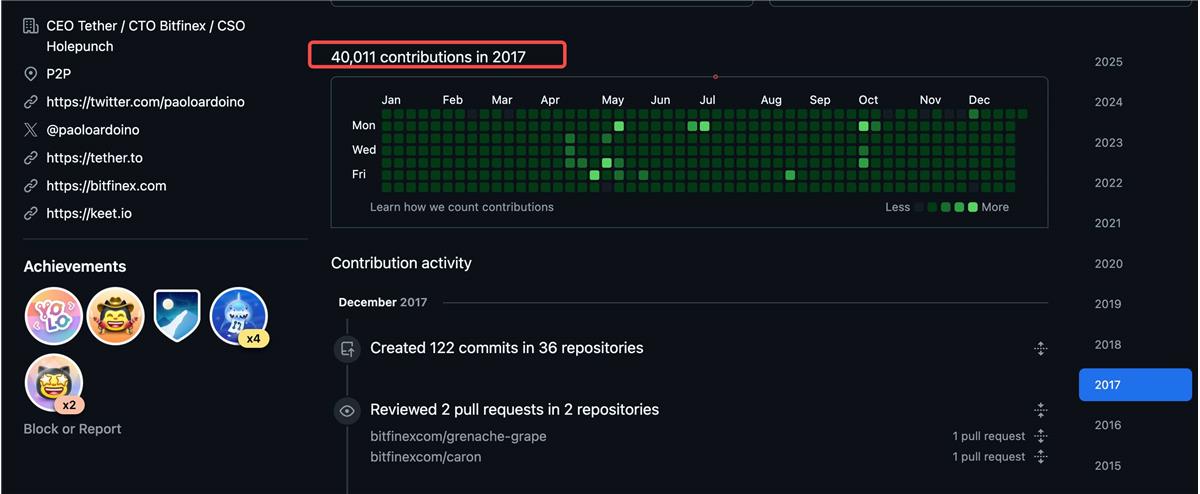
In 2014, he joined Bitfinex as a senior software developer, with his shareholding unknown at the time; by 2024, Forbes reported he held approximately 20% of Tether's shares. If the $500 billion valuation materializes, this translates to $100 billion in wealth.
Ardoino's connection with Devasini began in London in 2014. According to CoinDesk reports, Devasini was operating Bitfinex at the time and recognized Ardoino's technical capabilities. From ordinary developer to CEO, Ardoino's promotion path was clear: elevated to CTO in 2017, then assuming the CEO role in December 2023.
But even as CEO, he remains someone who works until dawn. His Twitter account @paoloardoino often responds to technical questions late into the night. When media questions Tether, he immediately pushes back, such as directly calling The Wall Street Journal's critical articles "clown articles."
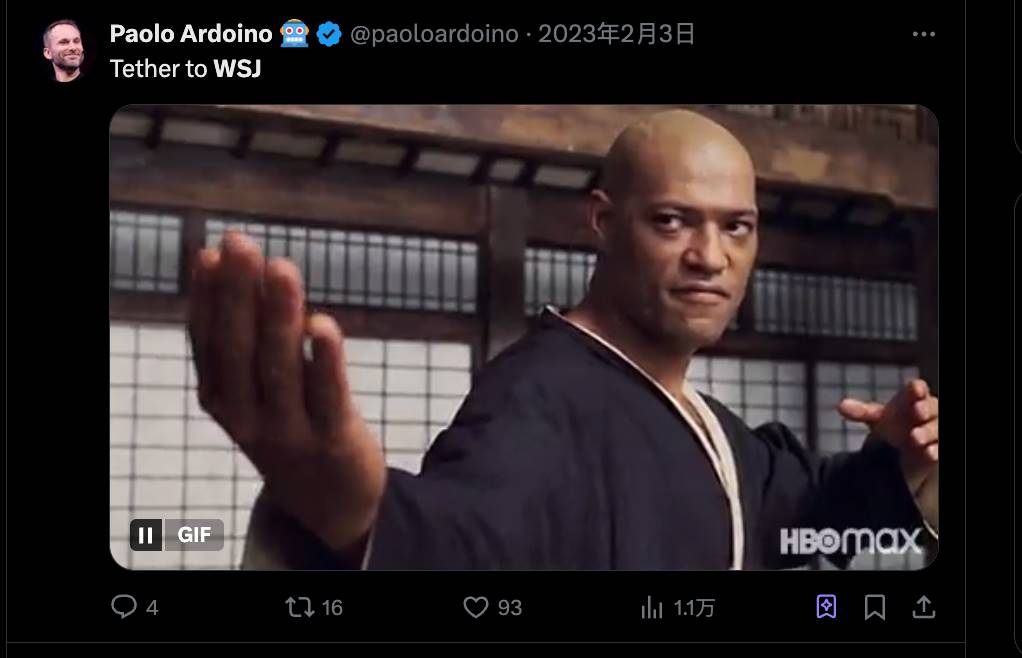
This frequent communication style fills the information vacuum left by Devasini's low profile. In a stablecoin business that requires trust, Ardoino became the person users could "see." Beyond Tether, he also founded peer-to-peer technology company Holepunch in 2022. Despite juggling multiple roles, he admits he hasn't taken a proper vacation in nearly a decade.
"I've never been to Japan," he mentioned in an interview, "that's the homeland of gaming consoles and anime, I've always wanted to go."
In April 2024, Forbes included Ardoino on the global cryptocurrency billionaire list with a $3.9 billion valuation. But if Tether reaches a $500 billion valuation, this figure would multiply by 25. He would then join the global hundred-billion-dollar wealth club.
Jean-Louis van der Velde, ex-CEO
Current Position: Tether Advisor, Bitfinex CEO (Former Tether CEO)
Shareholding: 10-15%
Potential Net Worth: $50-75 billion
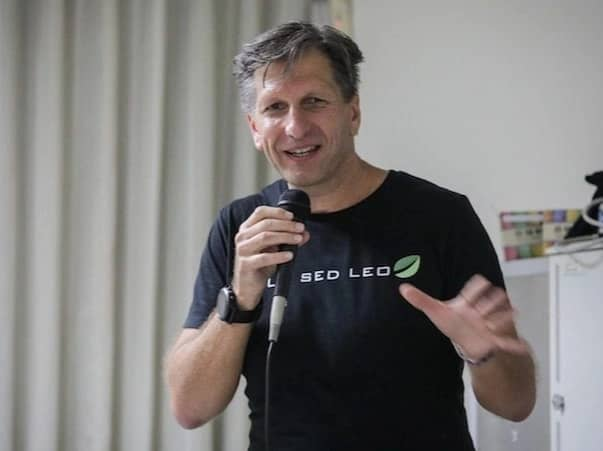
Among Tether's executive team, Jean-Louis van der Velde might be the most elusive figure.
This Dutchman's Asian story began in 1985 when he left his homeland to study Chinese at Taiwan Normal University. According to his LinkedIn profile, after graduating in 1988, he never returned to the Netherlands, instead putting down roots in Asia.
Nearly 40 years later, this former Chinese language student could be sitting on tens of billions of dollars in wealth.
Van der Velde's rise in the crypto world was relatively low-key. In 2013, he became co-founder and CEO of Bitfinex. According to the company blog, his responsibilities at the time were to "build the holding structure, focusing on developing and investing in fintech and big data-related technologies."
In simpler terms, he was responsible for building the company framework and external relationships.
2018 regulatory filings showed he held approximately 15% of Tether's shares. By 2024, his exact shareholding percentage is no longer public, but Forbes still lists him on the crypto billionaire list with a $3.9 billion valuation. If he still holds 10-15% of shares, under a $500 billion valuation, his wealth would reach $50-75 billion.
Unlike Devasini's mystery and Ardoino's activity, Van der Velde chose a different mode of existence: present but invisible.
He has positions and shares, but almost no public statements. Search his name and you'll find plenty of position information, but virtually no personal details.
In October 2023, Van der Velde stepped down from his Tether CEO position, passing the baton to Ardoino. But he didn't leave—instead transitioning to an advisory role while continuing as Bitfinex CEO.
Public information about his personal life is pitifully scarce. According to his LinkedIn, he's fluent in five languages: Dutch, English, Chinese, German, and French. Beyond that, the most widely circulated detail comes from Taiwanese media reports:
His wife is Taiwanese, so he's deeply influenced by local culture. Due to the hardships of entrepreneurship, he visits a temple in northern Taiwan every year to light incense and pray for blessings. Even when he can't attend personally, he has others do it on his behalf.
This detail's authenticity is questionable, but it does fit his image—a Westerner deeply influenced by Asian culture, low-key and pragmatic, gradually building a crypto empire in Eastern business soil.
Interestingly, some people have genuinely questioned whether Van der Velde actually exists. Twitter users have jokingly asked, "Has anyone actually seen Bitfinex's CEO?" This is obviously an exaggeration, but it reflects his level of discretion.
This differs from most influencers in today's noisy crypto ecosystem. Perhaps the truly powerful don't need to be high-profile, don't need to speak out, and don't even need to be seen.
Of course, the prerequisite is being positioned correctly early enough.
Stuart Hoegner, ex-General Counsel
Former Position: General Counsel, Tether/Bitfinex
Shareholding: 13%
Potential Net Worth: $65 billion

In January 2025, Stuart Hoegner updated his Twitter bio: from "General Counsel at Bitfinex and Tether" to "Former General Counsel."
Hoegner has a unique identity tag in the crypto world: @bitcoinlawyer. This Twitter account has been active since 2011, three years before Tether's birth.
When most lawyers were still studying whether Bitcoin was legal, he was already providing legal services for the industry.
In 2014, Hoegner joined Bitfinex and subsequently became Tether's General Counsel. In this position, he protected both companies for 11 years. According to 2018 regulatory filings, he held approximately 15% of Tether's shares. By 2024, Forbes reported this proportion had dropped to 13%.
As a lawyer, Hoegner's work was often at the center of storms. In 2019, when the New York Attorney General investigated Tether's $850 million funding issue, he led the legal team's response. In 2021, when the CFTC fined Tether $41 million over reserve issues, he was responsible for negotiations.
But unlike typical corporate lawyers, Hoegner is unusually active on social media.
His Twitter not only discusses legal issues but frequently retweets pro-Bitcoin content and refutes criticism of Tether. This combative stance has made him a well-known figure in the crypto community.
His background is quite a story. Before joining the crypto industry, Hoegner worked in the online poker industry. In 2008, while working at Ultimate Bet poker site, the platform was exposed in a scandal where insiders used super-user accounts to cheat.
Interestingly, another lawyer from the Ultimate Bet incident, Daniel Friedberg, later became FTX's Chief Regulatory Officer and played a controversial role in FTX's collapse.
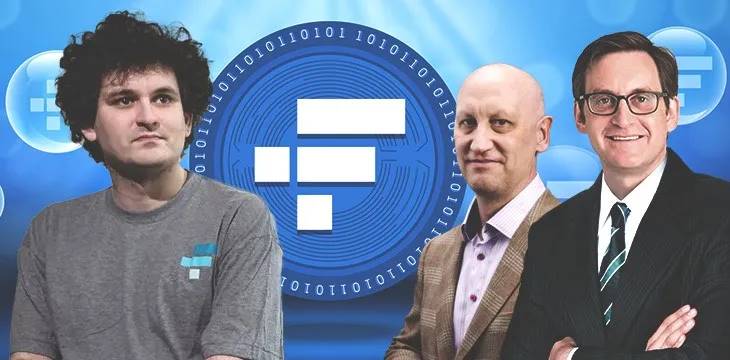
Two former colleagues took different paths in the crypto world.
One escorted his company to a $500 billion valuation, the other witnessed the collapse of history's largest crypto empire.
Hoegner's January 2025 retirement came at a delicate timing. The EU's MiCA regulations had just taken effect, and U.S. stablecoin regulation was also accelerating.
As the legal head, he understood the coming regulatory challenges better than anyone. Retirement might be a strategic retreat while ahead.
If he still holds that 13% stake, the "former general counsel" title doesn't diminish his potential status as the crypto industry's wealthiest lawyer.
Christopher Harborne (UK) / Chakrit Sakunkrit (Thailand)
Shareholding: 13% (2018 data)
Potential Net Worth: $65 billion
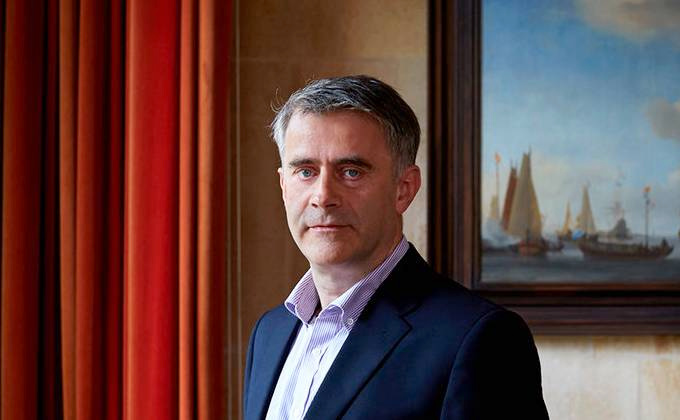
On Tether's shareholder list, there's someone even more mysterious than Van der Velde—he even has two names.
According to 2021 investigation documents from the New York Attorney General, in 2018, a businessman with dual British-Thai citizenship held approximately 13% of Tether's shares. In the UK, he goes by Christopher Harborne; in Thailand, he's known as Chakrit Sakunkrit.
This is the only "outsider" in Tether's ownership structure. Neither a founding team member nor an executive, yet holding shares equivalent to the General Counsel's stake.
Public information about Harborne/Sakunkrit is extremely limited. UK company registration records show he's involved in multiple sectors, from aviation to tech investments. Information from the Thai side is even scarcer, with only knowledge that he conducts business activities under the name Chakrit Sakunkrit.
How did he acquire Tether shares? When did he invest? What was the investment amount? These key questions remain unanswered.
Even more puzzling is that after 2018, this name completely disappeared from all Tether-related documents and reports.
Forbes' 2024 crypto billionaire list included the aforementioned Devasini, Ardoino, Van der Velde, and Hoegner, but notably excluded Harborne.
The 2025 funding news also shows no trace of him. A 13% stake, calculated at a $500 billion valuation, would be worth $65 billion. If he still holds equity, he would clearly be Tether's most successful shadow investor.
In a company full of secrets, this person might be the biggest secret of all.
Institution: Cantor Fitzgerald
Investment Date: November 2024
Shareholding: 5%
Investment Amount: $600 million
Potential Value: $25 billion
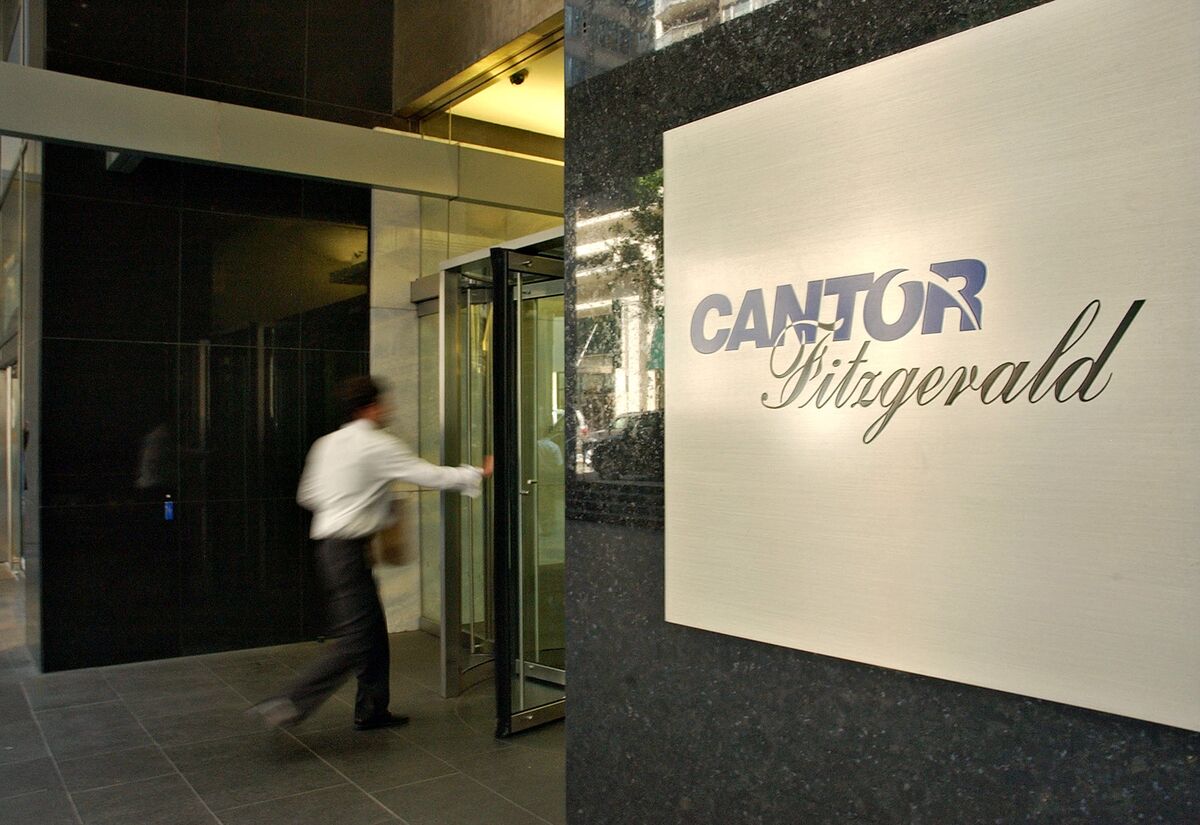
In November 2024, Wall Street financial services firm Cantor Fitzgerald purchased a 5% stake in Tether for $600 million.
At this price, Tether was valued at only $12 billion at the time. In comparison, competitor Circle had a market cap of approximately $30 billion, while Tether's USDT circulation was more than double Circle's USDC.
Why so cheap? The answer might lie in timing and personal relationships.
The key figure in this deal is Howard Lutnick, CEO of Cantor Fitzgerald. Shortly after completing the investment in November 2024, Lutnick was appointed as U.S. Secretary of Commerce in January 2025.
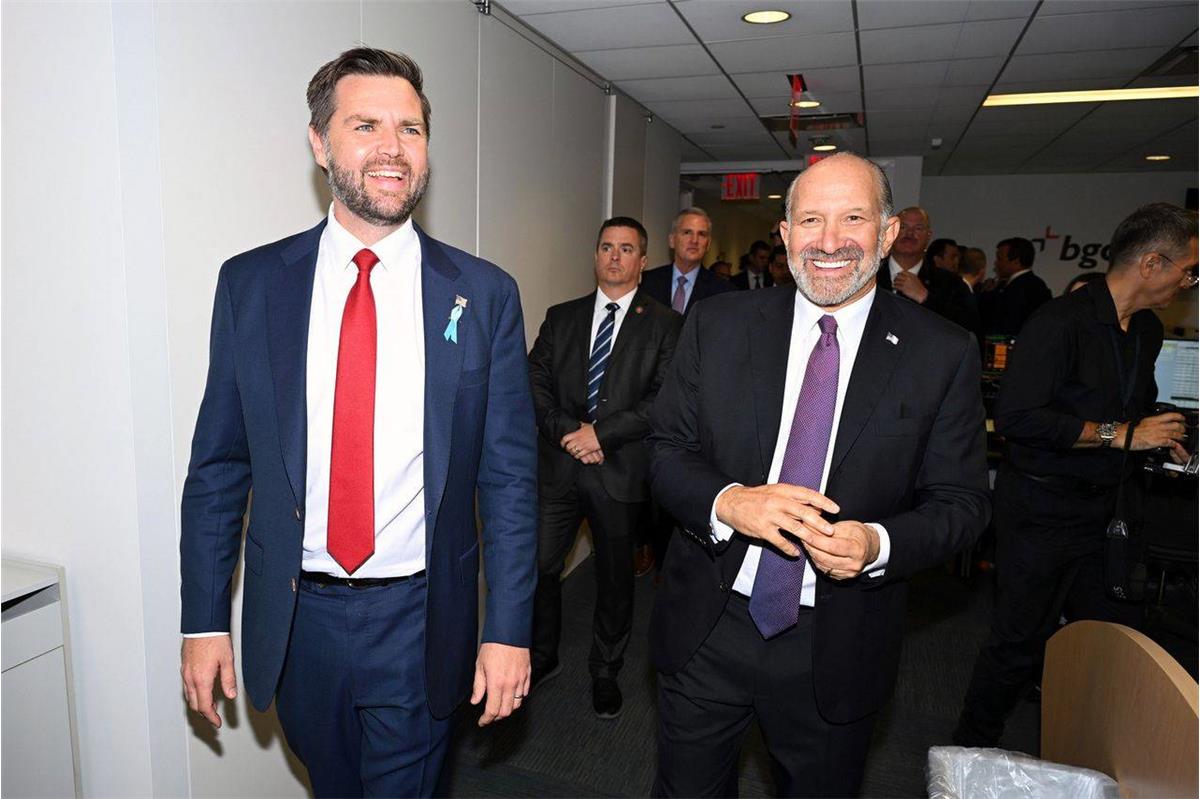
This timeline casts a special light on the Tether stake acquisition. Critics argue this was a "friendship price" deal, with Tether transferring benefits to the soon-to-be government official Lutnick at an undervalued price.
An interesting detail is that according to Fortune magazine, Lutnick's son Brandon Lutnick works at Cantor and previously interned at Tether Switzerland.
Regardless of motives, from an investment return perspective, this could be one of Cantor Fitzgerald's most successful deals in history. If Tether reaches a $500 billion valuation, the $600 million would become $25 billion—a return of over 40x. Even if the valuation only reaches $250 billion, the return would still be 20x.
Founded in 1945, Cantor Fitzgerald is an established Wall Street financial institution. Their investment is significant for Tether: this is the first mainstream U.S. financial institution to become a Tether shareholder. Against the backdrop of increasing regulatory pressure, this endorsement value is immeasurable.
Meanwhile, over the past 3 years, Cantor Fitzgerald has been providing custody services for the U.S. Treasury bonds backing Tether's stablecoin, which account for over 80% of the $132 billion in assets supporting the stablecoin.
According to The Wall Street Journal, the company earns tens of millions of dollars in commissions for providing this service.
The more practical value might lie in Cantor's financial network. One of Tether's long-standing biggest challenges has been banking relationships. As a regulated financial institution in the U.S., Cantor's involvement could open new banking channels for Tether.
From another perspective, Cantor's investment represents Wall Street's changing attitude toward cryptocurrency. No longer just observing or providing services, but directly becoming shareholders and sharing in the growth dividends.
Howard Lutnick has dual identities: he was CEO at the time of investment and is now Secretary of Commerce.
Whether or not this influenced the transaction price, what's certain is that Tether now has an indirect connection at the highest levels of the U.S. government.
Zhao Dong: The Hidden Billionaire in China's Prison
Identity: Bitfinex shareholder, RenrenBit founder
Shareholding: Bitfinex <5%
Potential Wealth: Billions of dollars, indirectly benefiting through iFinex structure
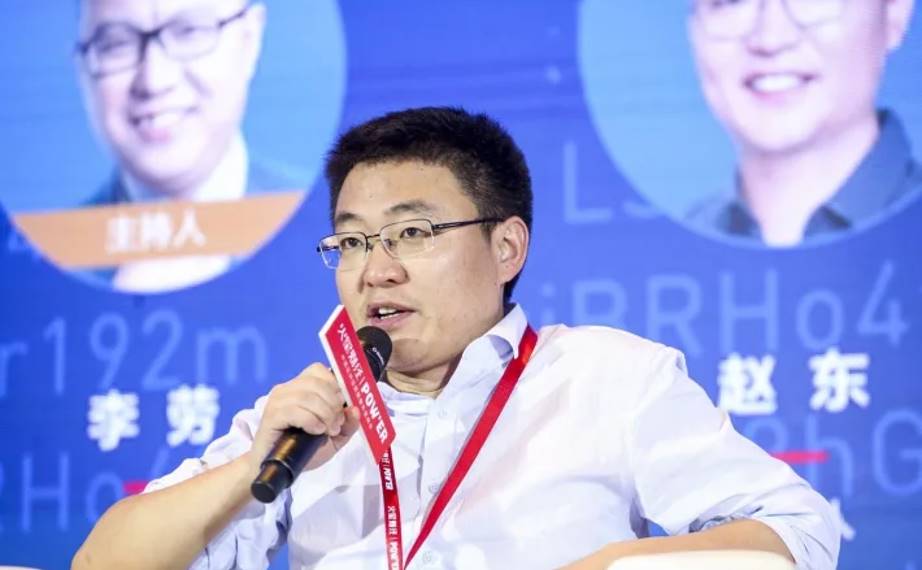
Zhao Dong might be the most dramatic figure in Tether's wealth creation story.
In August 2016, Bitfinex suffered a hack attack, losing 120,000 bitcoins. In this crisis, this Bitcoin whale from China became an unexpected protagonist.
To address the losses, Bitfinex proposed a compensation plan, issuing BFX tokens to affected users, with each token representing $1 of loss. Zhao Dong was one of the affected users, but instead of cutting losses and leaving, he accepted Bitfinex's debt-to-equity conversion offer.
He purchased more tokens from other users and ultimately converted all these tokens into iFinex equity. This decision transformed him from a victim into a Bitfinex shareholder.
In April 2017, Bitfinex completed the redemption of all BFX tokens, while users who chose debt-to-equity conversion became permanent shareholders of the exchange. With the rapid development of Bitfinex and its affiliated company Tether, the value of these early stakes has multiplied dozens of times.
According to public reports, Bitfinex CTO Paolo Ardoino stated that Zhao Dong's shareholding in Bitfinex is less than 5%.
While the percentage isn't high, considering that Bitfinex and Tether both belong under iFinex and share management and shareholder structures, the value of this equity might far exceed surface numbers.
Zhao Dong's position in China's crypto circle is both special and sensitive.
He was a co-founder of Moji Weather and successfully cashed out in 2012. He entered the Bitcoin world in 2013, and at his peak reportedly held 10,000 bitcoins. He founded OTC trading platform RenrenBit, which was once one of China's largest over-the-counter traders.
More importantly, he was Tether's unofficial "spokesperson" in China.
In January 2018, Zhao Dong posted on Weibo that during a meeting with Tether CFO Giancarlo in Tokyo, he saw bank account balances exceeding $3 billion. As a well-known figure in the crypto circle, his endorsement attracted widespread attention.
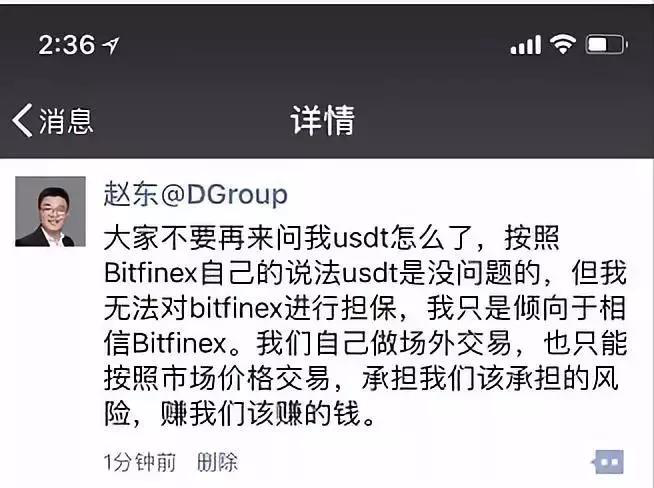
In June 2020, everything came to an abrupt halt.
According to multiple media reports, Zhao Dong was taken away by police on charges involving money laundering and illegal operations. In 2021, there were reports that he was sentenced to multiple years in prison. Specific case details were never made public, but the industry generally believes it was related to OTC business.
Ironically, the years Zhao Dong was imprisoned coincided with the cryptocurrency market's most frenzied period.
From 2020 to 2024, Bitcoin rose from $10,000 to over $70,000, and USDT circulation grew from $10 billion to $170 billion. If his Bitfinex shares are still intact, their value might have multiplied dozens of times.
If Zhao Dong's Bitfinex shares haven't been disposed of, through iFinex's structure, he might indirectly benefit from Tether's valuation growth. Even with less than 5% indirect interest, at a $500 billion valuation, this would mean billions of dollars in wealth.
But this is all hypothetical. His "passive holding" is more like fate making choices for him.
Finally, if Tether completes its financing, this would be the largest wealth creation in crypto industry history.
Fewer than 10 people control the vast majority of equity in Tether's $170 billion stablecoin empire. Among them, Giancarlo Devasini alone holds 47%; while the remaining big players are mostly not even in the crypto industry spotlight.
This might be the wealth code of the crypto era:
It's not about decentralization, but about being low-key and standing at the right center of the storm at the right time.
Connect with us:
Fast News: t.me/blockflownews
Insights & Trends: x.com/BlockFlow_News
 PEPE0.00 4.38%
PEPE0.00 4.38%
 TON1.51 -0.62%
TON1.51 -0.62%
 BNB883.45 1.42%
BNB883.45 1.42%
 SOL124.24 1.54%
SOL124.24 1.54%
 XRP1.90 1.17%
XRP1.90 1.17%
 DOGE0.12 0.76%
DOGE0.12 0.76%
 TRX0.30 -0.45%
TRX0.30 -0.45%
 ETH2936.28 2.39%
ETH2936.28 2.39%
 BTC88353.56 0.65%
BTC88353.56 0.65%
 SUI1.44 -0.32%
SUI1.44 -0.32%



















